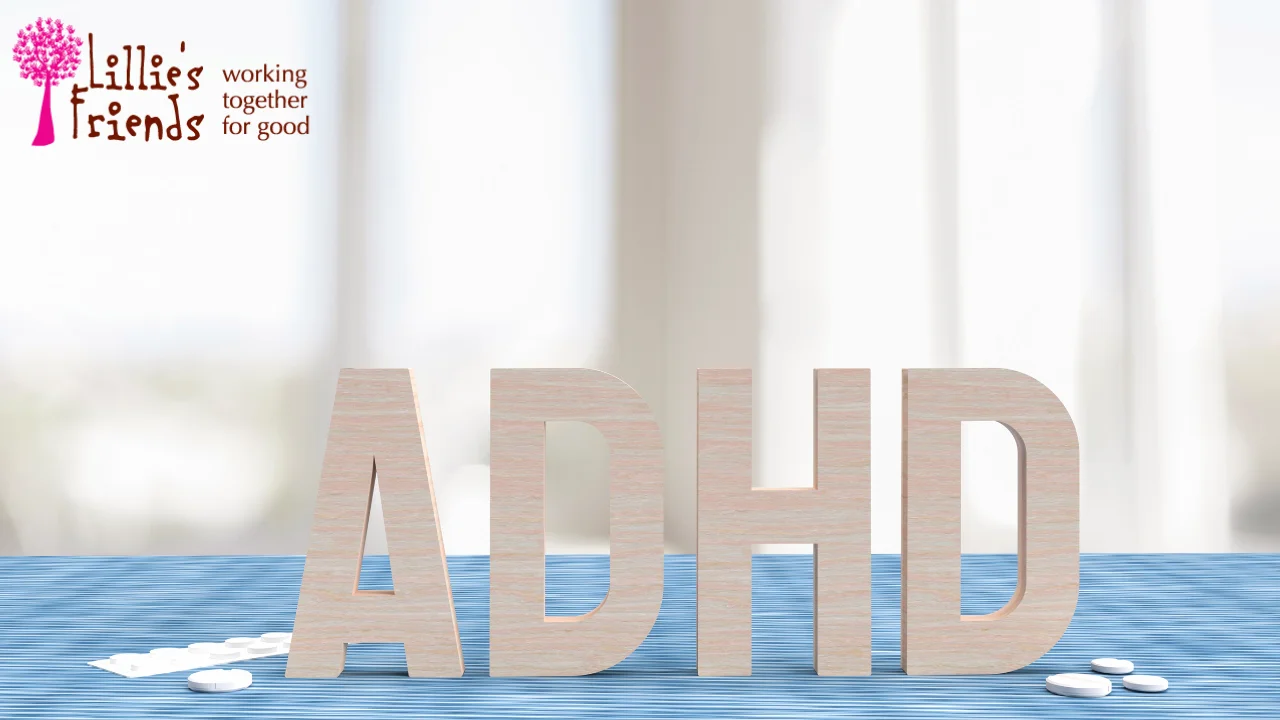Impulsivity is only one of the numerous behavioral symptoms of ADHD, a complex cognitive disorder. It is a typical sign among individuals with ADHD who are mostly hyperactive. Since hyperactivity tends to decrease with age, it is less common in adults, but it may still happen.
The functioning and quality of your life may be negatively impacted by ADHD impulsivity in various ways, so it’s important to thoroughly evaluate whether you have this symptom. Continue reading to find out more.
What Is Impulsive Behavior?
Impulsivity is the propensity to act without prior preparation, without thinking through the possible outcomes, and without cognition. Children and adults with attention-deficit/hyperactivity disorder (ADHD) exhibit impulsivity in various ways.
Undoubtedly, impulsivity may affect some individuals more than others, especially if they have a higher likelihood of having the hyperactive-impulsive subtype of the disease rather than the inattentive subtype.
Different Forms of Impulsivity
There are four primary categories of ADHD impulse control problems based on the reasons and the course of the impulsive behavior. To provide a deeper understanding, consider the following brief explanation:
- Impulsivity is a component of motor function. This type is associated with impulsive behavior or outbursts. This personality type is agitated and needs assistance to remain calm, or they constantly engage in attention-grabbing antics.
- Impulsivity based on emotion. People make this decision when they let their emotions guide them. This kind of impulsivity heightens the likelihood of becoming agitated, irritated, or quickly enraged. In this instance, treating emotional dysregulation—one of the symptoms of ADHD—is necessary.
- Impulsivity based on senses. Information processing is difficult for those who exhibit this kind of impulsivity. They need assistance sorting through irrelevant material and require more concentration.
- Impulsivity in cognition is a common phenomenon. Usually, it involves a lack of focus or clarity of mind. Additionally, it increases the likelihood of hurried, thoughtless, or forgetful actions, all of which might result in problems down the road.

Adult ADHD and Problems with Impulsivity: An Explanation of the Relationship
The brain area known as the thalamus ↗ controls response inhibition. It acts as a gate, sending out signals to allow or forbid certain actions. The limbic-hippocampal connections, when the brain detects a red flag, transfer a warning from the thalamus to the frontal cortex. It is the area of the brain that controls the expression of emotions and problem-solving skills.
Individuals with ADHD may have abnormalities in this thalamus gate. This defect makes it harder for someone to control momentary cravings like the need to overindulge in sugar or spend more money than they had intended.
The Effects of Impulsivity on a Person’s Life
Adults with impulsive ADHD symptoms may exhibit behaviors such as these, among others:
- Making snap judgments
- engaging in risky behavior
- need demands to be met right now
- speaking or acting loudly
- exhibiting raucous conduct in general, maybe even harmful
- being prepared to complete assignments and projects before starting new ones
Positive consequences do not always follow impulsive acts. People often view frequent and persistent impulsivity as a sign of a more serious problem, especially when it results in harm to themselves or others.
The most common outcomes of impulsive activity are the following ones:
- insatiable cravings. An inability to resist an impulse, temptation, or desire may be the outcome of impulsive conduct. It may also manifest as an obsession with doing something harmful to oneself or other people.
- increased tension. Stress might result from impulse control issues and ADHD. Impulsivity may heighten arousal prior to executing the act.
- antisocial disposition. Research ↗ indicates a connection between antisocial personality and impulsivity. Additionally, it may make the development of antisocial personality disorders more likely. A complete disregard for the results of one’s conduct and the emotions of others is a defining feature of this condition.
- temperamental problems. It’s common to describe impulsive individuals as hasty, hot-headed, and unstable. For impulsive individuals, managing the feelings of inadequacy that arise with unpredictable emotions, actions, and relationships may be challenging. They may react violently to perceived injustices quickly and often fail to recognize when their emotions are unwarranted or overblown.
- Bad habits. Adults who struggle with impulse control are more likely to engage in activities like unrestrained gaming, shopping compulsiveness, pyromania (the urge to start fires without thinking through the implications), internet addiction, or hypersexuality.
- formation of more circumstances. Impulsivity issues arise from chemical changes in the frontal lobe of the brain. Dopamine specifically plays a role in these changes. These changes may make you more vulnerable to more serious impulse control issues. Here are some conditions associated with impulse control:
- Manic episodes
- OCD, or obsessive-compulsive disorder
- misuse of substances
Controlling Impulsivity
With the right resources and some effort, you can control impulsivity, even though it can be challenging at times. Using the following strategies, you may learn how to identify your triggers and manage the impulsivity brought on by ADHD:
- Accept and acknowledge your impulsivity.
- Become more conscious of yourself.
- Reduce or eliminate dangers.
- Talk to your loved ones more.
- To modify your impulsive habits, become aware of them.
- Speak with an expert.
Last Remarks
Controlling impulsivity in ADHD is achievable, although it might often seem rather challenging. The first step to controlling your urges is to get support from a mental health expert who can assist you in creating a treatment plan.











